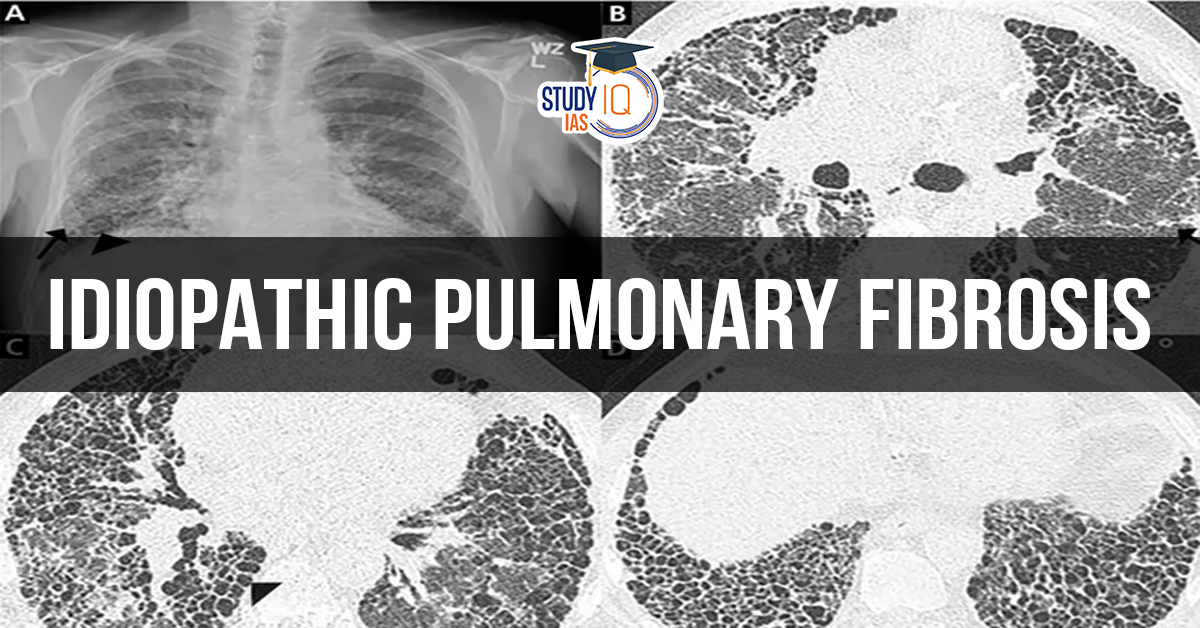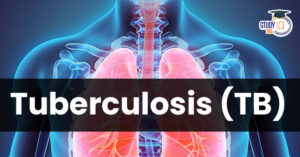Table of Contents
Idiopathic Pulmonary Fibrosis (IPF)
- IPF is a chronic and progressive lung disease where the lung tissue becomes scarred and thickened (fibrosis) without a known cause.
- This scarring makes it increasingly difficult for the lungs to function properly, leading to breathing difficulties.
- IPF targets the interstitium (tissue surrounding alveoli), making it harder for oxygen to move into the bloodstream.
- Affected Population: Generally occurs in individuals aged 50-70 years. Slightly more prevalent in men than women.
Symptoms of IPF
- Shortness of breath, especially during physical activity.
- Chronic dry cough.
- Fatigue and weakness.
- Clubbing (widening and rounding) of fingers and toes in some cases.
Causes of IPF
The cause of IPF is unknown. However, several risk factors may increase your risk of developing the disease, including:
- Smoking
- Family history of IPF
- Exposure to certain environmental toxins
- Acid reflux disease (GERD)
- Some viral infections
Treatment of Idiopathic Pulmonary Fibrosis
- Medications: Antifibrotic drugs like pirfenidone and nintedanib to slow disease progression.
- Oxygen Therapy: To improve oxygen levels in the blood.
- Pulmonary Rehabilitation: Exercise, breathing techniques etc.
- Lung Transplantation: Considered in advanced cases


 AI and its Regulation in India, Limitati...
AI and its Regulation in India, Limitati...
 Tuberculosis (TB), Symptoms, Causes and ...
Tuberculosis (TB), Symptoms, Causes and ...
 Silicon Photonics Enables Low-power AI A...
Silicon Photonics Enables Low-power AI A...





















